
Germany's New Government Unveils Plan to Support SMEs Using Legacy Bank Levy Funds
In a significant policy shift aimed at revitalizing the Small and Medium Enterprises (SMEs) sector, Germany's new government announced that it will allocate funds from a legacy bank levy to bolster support for small businesses across the nation. This move is seen as a strategic effort to stimulate economic growth and enhance the stability of SMEs, which play a critical role in the country's economy.
Continue reading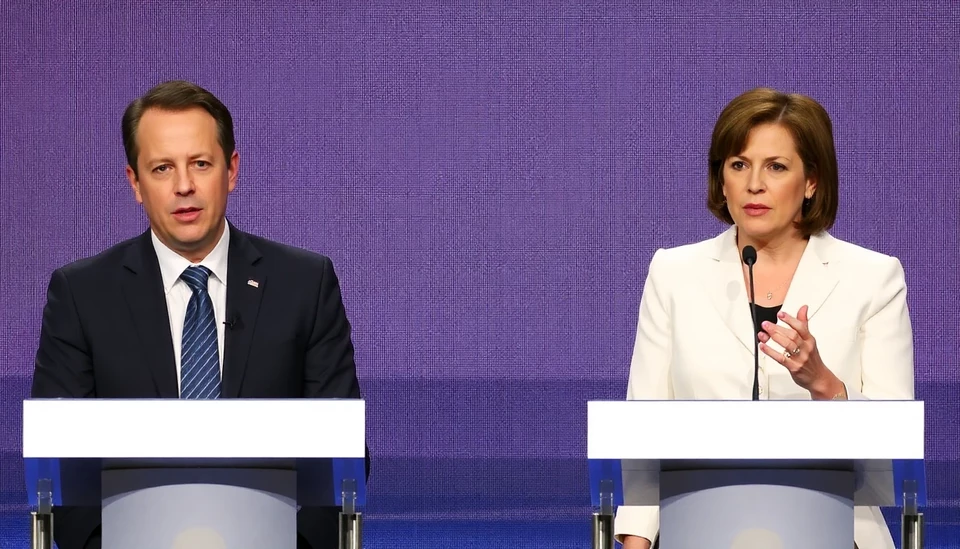
Germany's Scholz Defends Canada Amidst Trump's Critical Remarks
In a decisive response to former U.S. President Donald Trump's recent critiques aimed at Canada, German Chancellor Olaf Scholz has firmly expressed his support for Canada, emphasizing the importance of maintaining strong transatlantic relations. Scholz's comments come as tensions rise over Trump's vitriolic accusations, which he made during a rally, suggesting that Canada is acting against U.S. interests.
Continue reading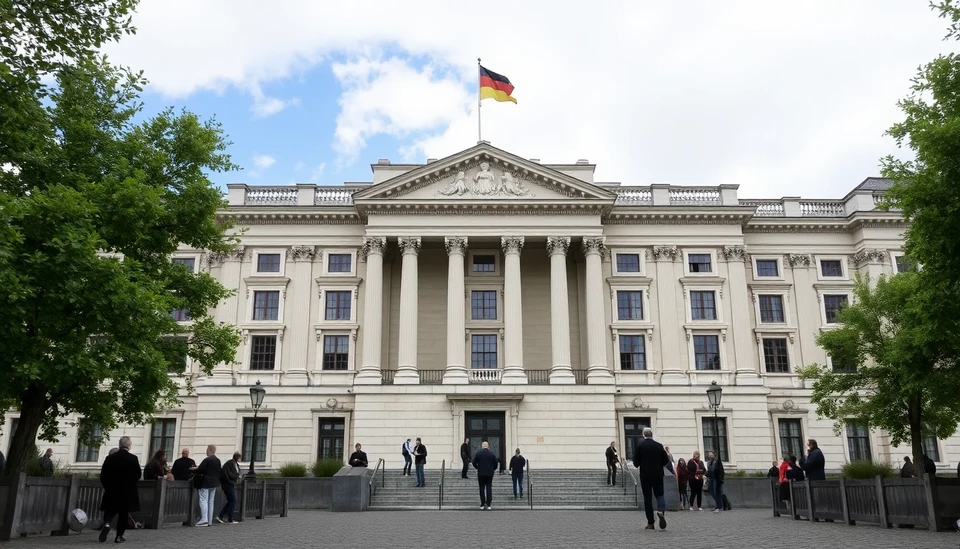
German Lawmakers Approve Groundbreaking Spending Package, Marking the End of Austerity Measures
In a significant shift in fiscal policy, German lawmakers have passed a landmark spending package that signals the end of an era characterized by strict budget austerity. This groundbreaking decision reflects a growing consensus among political leaders regarding the necessity of substantial financial investments, particularly in areas like infrastructure, social services, and climate change initiatives. The decision comes at a time when Europe is grappling with various economic challenges, and Germany aims to assert its leadership in addressing them.
Continue reading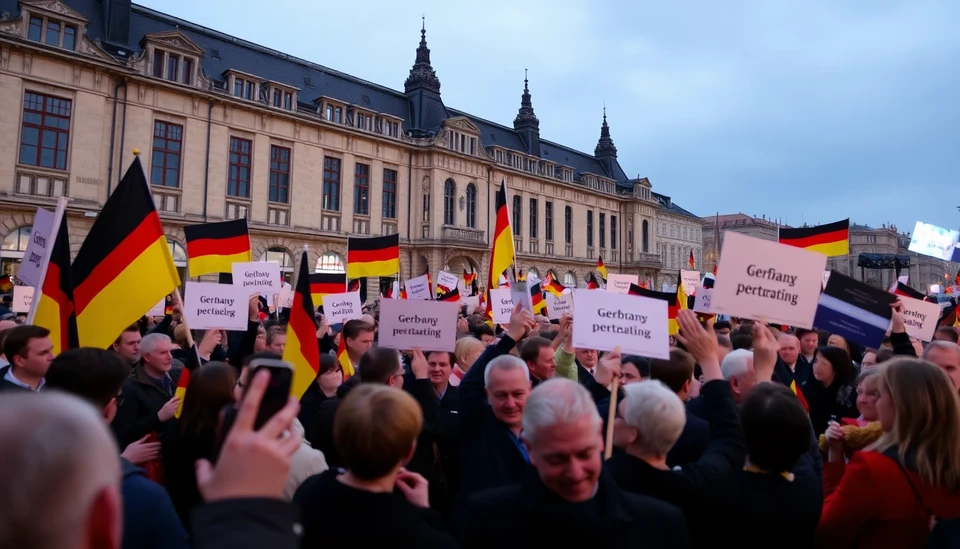
German Political Landscape Shifts as Party Leaders Rally Support for Crucial Finance Package Ahead of Vote
In a significant development in German politics, leaders from the nation's ruling parties have expressed optimism regarding support for a critical financial aid package. This comes just ahead of a crucial vote expected in the Bundestag, Germany's federal parliament. The anticipated legislation is aimed at bolstering the country’s economy amid ongoing challenges, including global inflation and recent energy crises.
Continue reading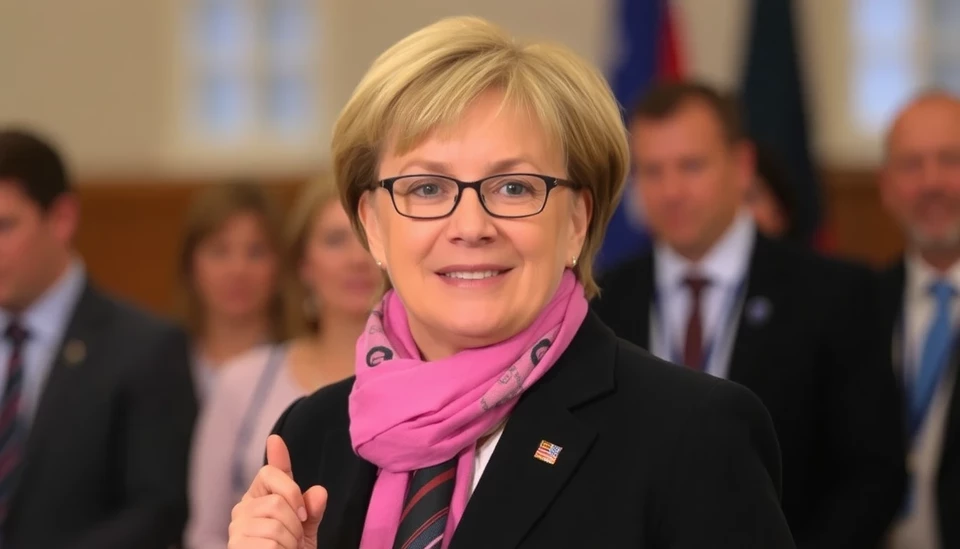
Fringe Parties in Germany Challenge Debt Reform Efforts
In a surprising turn of events, recent electoral outcomes in Germany have revealed a significant rise in support for fringe political parties. This shift has cast doubt on the government’s ability to implement much-needed debt reforms. The results stem from regional elections and have raised alarm among mainstream parties, which are now grappling with how to respond to this changing political landscape.
Continue reading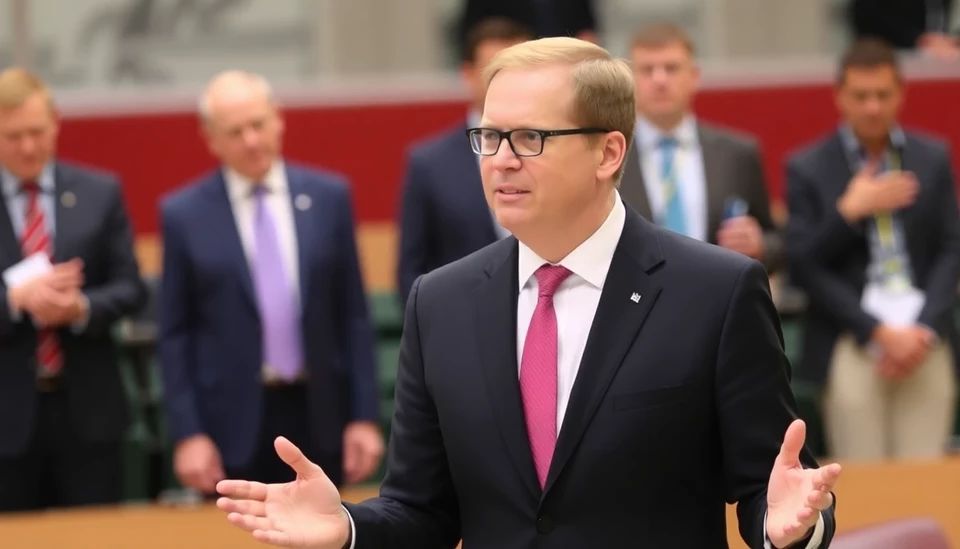
Germany's Olaf Scholz Struggles to Boost Growth Amidst Voter Discontent
The political landscape in Germany is witnessing significant turmoil as Chancellor Olaf Scholz grapples with the mounting frustration among voters due to a stagnating economy that is failing to show signs of resurgence. This discontent is primarily driven by persistent inflation and high cost of living, factors that have deeply affected the everyday lives of many citizens.
Continue reading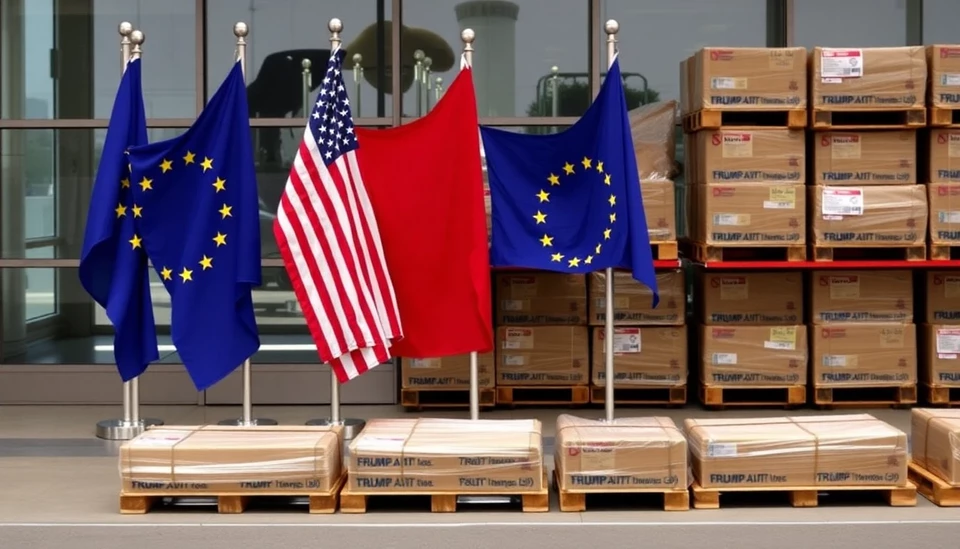
European Union Readies Response to Potential Trump Tariffs, But Seeks Negotiated Settlement
In a recent statement, German Chancellor Olaf Scholz emphasized that the European Union will respond decisively to any new tariffs that may be introduced by the former U.S. President Donald Trump. However, he also stressed the importance of pursuing diplomatic negotiations to avoid escalating trade tensions. Scholz's comments come in light of Trump's potential return to the political arena and his previous promises to impose tariffs on European goods.
Continue reading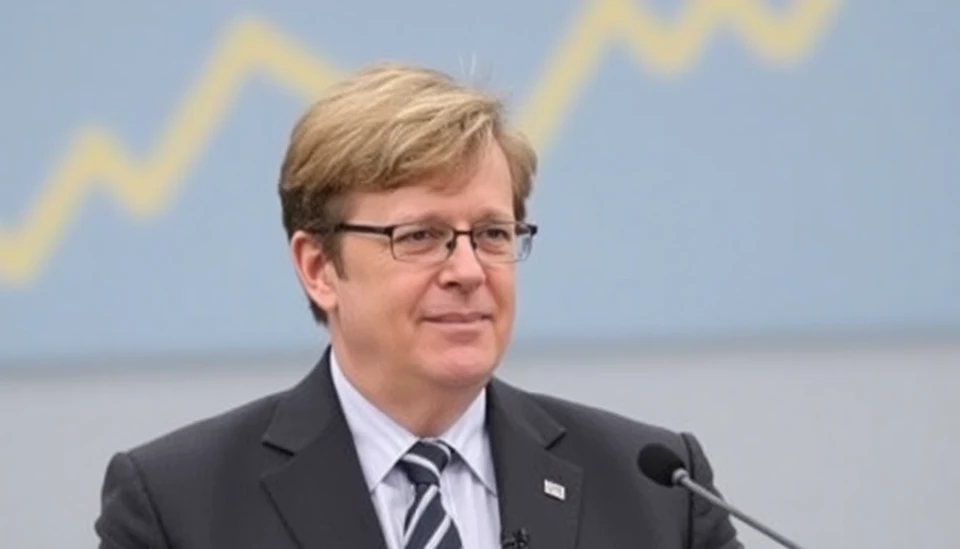
Germany Faces Deepening Economic Troubles Under Scholz's Leadership
In an alarming turn of events, Germany, Europe's largest economy, is grappling with significant economic challenges, leaving many citizens feeling disillusioned and anxious about their future. Under Chancellor Olaf Scholz, the nation is experiencing what many are calling the worst economic blues seen in a generation. The ramifications of this economic decline are felt across all sectors of life in Germany, and the outlook appears grim.
Continue reading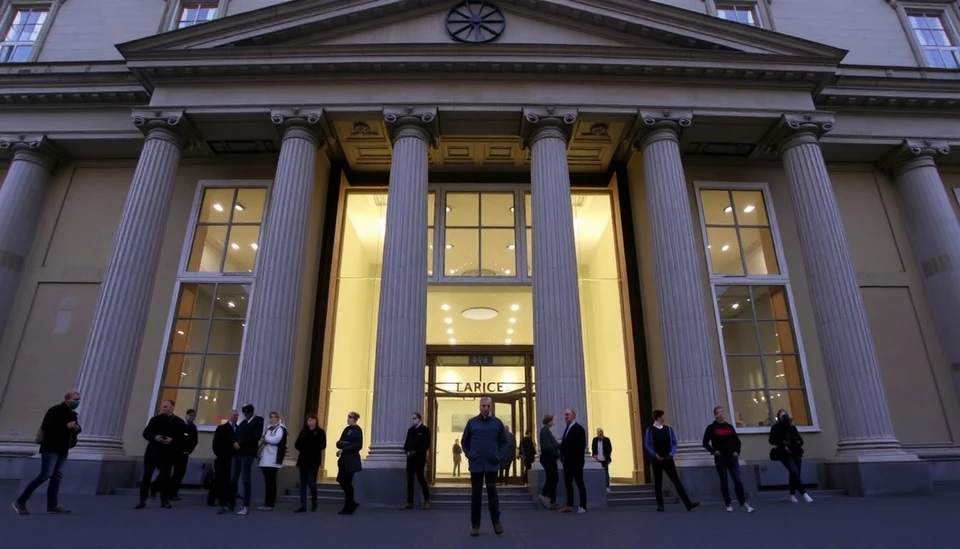
Germany Approves Provisional Budget Amid Political Uncertainty Ahead of Snap Elections
In a significant move that underscores the political turmoil facing Germany, the government has enacted a provisional budget for 2025. This decision comes in the wake of the announcement of snap elections, reflecting the need for stability and continued governance during a period marked by uncertainty. The provisional budget aims to address immediate fiscal responsibilities while allowing for a flexible approach as the country prepares for electoral outcomes that could reshape its political landscape.
Continue reading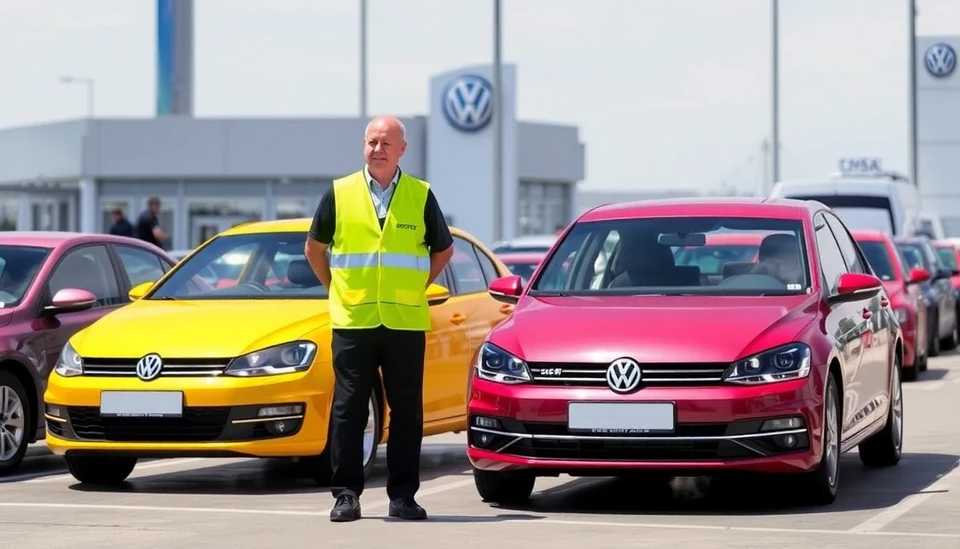
Scholz Questions Volkswagen Plant Closures as Solution to Industry Challenges
In a recent statement by German Chancellor Olaf Scholz, concerns have been raised regarding Volkswagen's (VW) potential plant closures. Scholz expressed that the decision to shut down facilities may not be the most effective approach to addressing the challenges faced by the automotive industry. This commentary comes at a time when VW is contemplating drastic measures to adapt to a shifting market landscape and increasing competition.
Continue reading